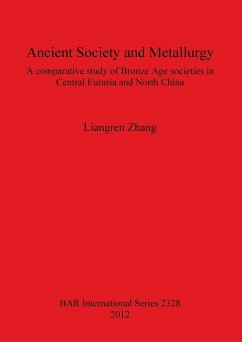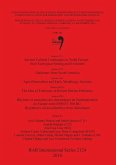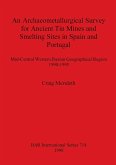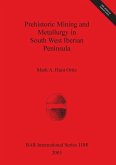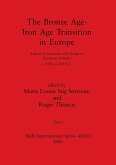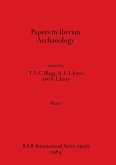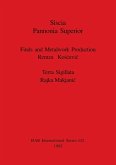Focusing on Bronze Age societies in Central Eurasia and North China, this book presents a new scenario of early social evolution. Essentially it integrates the Marxist production-relation concept and the community concept into the Band-Tribe-Chiefdom-State scheme, and formulates the following three hypotheses: 1) The community is an autonomous agent in political, economic, and cultural spheres; 2) The nature of the early social evolution is that the inter-community differentiation at the tribal stage transforms into the inter-community stratification at the chiefdom and state stages; 3) Metal production as a form of economy is a major force that instigates the inter-community differentiation. In testing the three hypotheses, Bronze Age archaeological data from Central Eurasia and North China are subjected to detailed examination. The Central Eurasian societies and the Late Shang kingdom are all engaged in metal production yet they represent two disparate stages of social development, the tribal and state stages respectively. This contrast gives us an excellent opportunity to reflect upon the trajectory of early social evolution and the role of metal production in this process. Virtually the two bodies of materials supply a desirable testing ground for the three hypotheses raised above.
Hinweis: Dieser Artikel kann nur an eine deutsche Lieferadresse ausgeliefert werden.
Hinweis: Dieser Artikel kann nur an eine deutsche Lieferadresse ausgeliefert werden.

